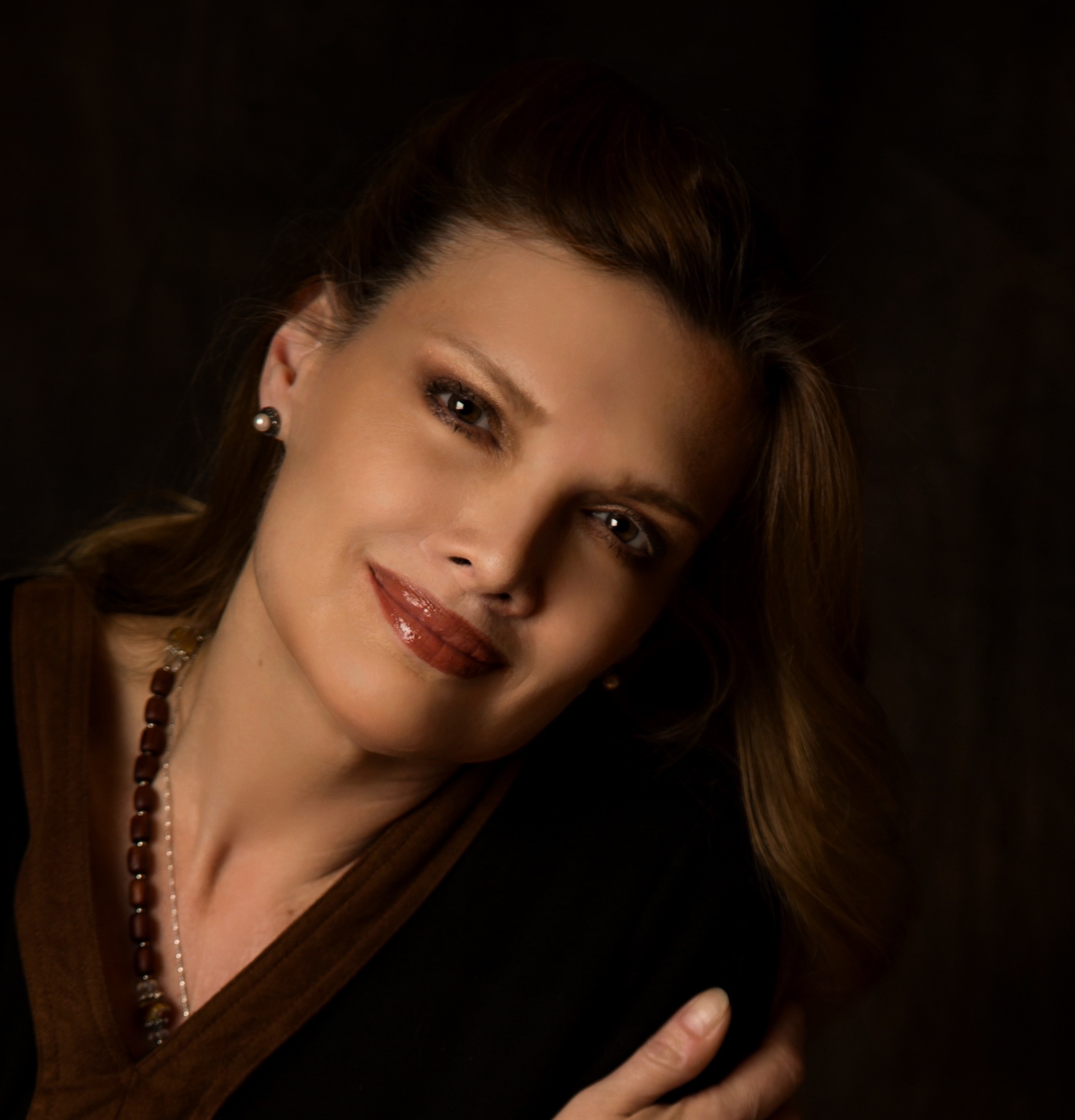Of course LOVE is many things, and I don’t pretend to have all the answers to the mysteries of love. But technically love is an invisible energy we’ve all felt and know it when we’re in it. Love cannot be proven in a scientific laboratory, yet we all know it exist and we’ve all felt it in our lifetime. However, there is a generation that’s looking towards the internet for quick answers to explain basic concepts, without the discipline of reading books. So, in light of this new phenomena, I am borrowing words from a chapter in my book, ‘A Short-cut to Buddhahood’ that clarifies the perception of love.
What’s the difference between unconditional love and falling in love?
In Zen Buddhism emotions and feelings originate from two different camps; emotions stem from thoughts… while feelings come from the heart. When using Zen Buddhist perception, ‘unconditional love‘ would be a feeling, while ‘falling in love’ would be an emotion. When we ‘fall in love‘ we are in motion. This invisible energy, called love goes up and down, depending on our mood, environment and circumstances. Whereas, unconditional love doesn’t go up and down, thus it is not in motion. An example of a feeling could be when you see your newborn baby for the first time, there’s a feeling of overwhelming love. This feeling of love doesn’t come with conditions attached to this love, and it doesn’t come from a thought, so its unconditional love.
“Falling in love” on the other hand, is letting go of our selves. The “letting go” is where the word “falling” comes in. So, while free falling—we’re filling ourselves up with another person’s way of life and their story; and forgetting about our own drama and that feels good. So, falling in love… is a temporary emotion of fulfillment. And like any fall we have to land somewhere, and when we’re blinded by emotion, it’s usually a hard fall. And that’s why it can be painful.
Unconditional love has the potential to become everlasting love. While ‘falling in love’ doesn’t always pan out and become everlasting love.
In Zen Buddhism all emotions are negative, not bad, but negative. Even emotions we think are good or positive, are not favored. Because emotions are fleeting, they’re IN MOTION depending on our moods and circumstances. At the same time, we don’t resist emotions.
When love becomes emotional: it becomes desire, lust, pride, worthlessness, need, anger, envy, resentment, rage, despair, and the list goes’ on. And this is why love sometimes gets a bad rap as being difficult and at times agonizing. We all know to some extent that emotions can be destructive, but many of us don’t know feelings are not destructive.
The truth is… love is many things.
Unconditional love can be an action, it can be something we do. Love as an action; is listening, giving, forgiving, praying, supporting, helping, offering, patience, understanding, sacrificing, working and encouraging; to name a few. But ultimately love without conditions is respect. Respect for ourselves and for the other person.
So real or true unconditional love is respect. Respect is Love.
You can’t have unconditional love without respect, nor can you have respect for someone—without having some form of love for them.
That said, people are flawed and will attempt to love others without respect. When people “love” without respect it becomes; desire, pride, need, insecurity possessiveness, lying, the lack of self-worth, narcissism, denial, or some other destructive emotion, that’s been confused with the concept or idea of love. So, love without respect is a destructive emotion—that people have mistakenly called love.
Here is your next Short-cut to Buddhahood: When we’re in the state of emotional love we have the ability to transcend this temporary experience of ‘falling in love’—into an unconditional love that last forever. We can do this by integrating the emotion into a feeling, by consciously bringing the emotion downward into the feeling part of body. When we do this, an emotion can be converted into a feeling and once the emotion is below the ribs, it can be released.
Unconditional love is joy, grace, kindness, patience, allowing, truthfulness, forgiveness, compassion to name a few, and it’s often soft and gentle, but not always. Rarely, but sometimes unconditional love is abrupt, because truth is often abrupt. Sorrow is an example of a feeling, it stems from unconditional love, like when we lose someone, we feel sorrow. But sorrow like many feelings, can quickly slip and shift itself into an unwanted emotion, for instance, sorrow can slip and shift itself into despair or anger. Despair and anger are emotions that come from conscious or subconscious dwelling thoughts. In Buddhism ‘dwelling thoughts’ are called attachments.
Here’s a warning: The FEELING of unconditional love, can also slip and shift itself into an unwanted—emotion. But when we love with conditions attached to that love, that’s when it becomes an emotion.
I was raised in a household without love, my mother hated my dad and told us every day. They fought all the time; they were violently abusive towards their children {except for the youngest}. My mother hated anyone that was pretty or successful or on TV. She would gossip daily and lie about my cousins, the neighbors or a celebrity. But her favorite subject matter was spreading lies about me to relatives and my friends. Sabotaging my character was her full-time obsession. I was her personal punching bag my whole childhood. And the handful times I saw her as an adult, she assaulted me each of those times. She used weapons, iron rods {fire pokers} to beat me. After each assault, she feared I may tell someone—and people would find out about her hateful acts of cruelty. So, the lies about me would begin after each violent assault against me. As a way to discrediting my reputation and character, just in case I decided to report her to the authorities or tell someone. Unfortunately, my siblings have followed in her footsteps. Even to this day these people talk like this: “If you do this or don’t do that… I will give you money for college or let you take that trip” and “don’t contact that relative or speak to such and such or you’ll be disinherited and will not receive one dime” or “we won’t let you see your brothers or sister.” These were not empty threats. Blackmailing, bribing, violence, intimidation and constant threats are a daily part of these people’s lives. And it’s not hard to figure out that this way thinking is the opposite of love. Because it stems from fear and hate.
LOVE is never fear or hate, or threatening, blackmailing, intimidation or lying; or envious, violent, abusive, degrading, antagonizing, possessive, dominating; or self-pity, laziness, dependence, passiveness, condemning, sabotage or victimization… all these things I just mentioned are the opposite of love.
It’s worth repeating, that unconditional LOVE comes from the HEART, it doesn’t come from a thought or your mind. The Buddha said, “the difference between ‘like and love’ is this; when you like a flower you pick it, when you love a flower, you water it. There’s a lot more to be said about LOVE, and you’ll find the answers in my book entitled ‘A Short-cut to Buddhahood,’ it’ll be out soon.
Keep LOVE in your heart, if not for someone—than for yourself. And remember if you have respect for yourself, you’ll have love for yourself. And that kind of love will bring you self-empowerment, peace of mind, mental stillness and emotional freedom. I’m there-fore you.


